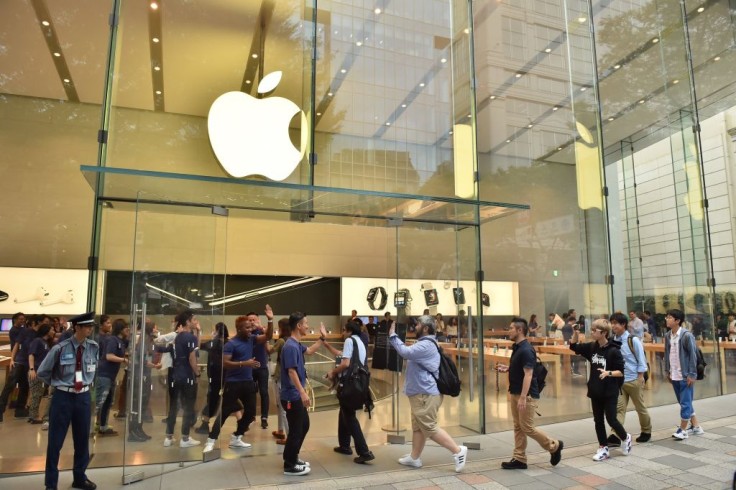Authorities in Tokyo are charging Apple Japan 13 billion yen ($98 million) in back taxes, as per 9to5Mac.
This is after Apple stores in the country incorrectly exempted foreign tourists and resellers from a consumption tax.

Bulk Purchases of iPhones Discovered by Tokyo Authorities
According to Nikkei, Tokyo authorities discovered bulk purchases of iPhones by foreign shoppers at some Apple stores.
For instance, at least one transaction involved an individual who bought hundreds of handsets at once. This indicates that the store missed charging consumption tax to a possible reseller.
Based on Japan's tax-free shopping policy, visitors who are staying for less than six months in the country can buy items such as souvenirs or everyday goods without having to pay the 10 percent consumption tax.
However, this tax exemption does not apply to purchases of goods for resale purposes.
It is believed that Apple Japan has filed an amended tax return. In June, the company also voluntarily stopped offering tax-free shopping.
Apple told Nikkei that they do not offer tax-free shopping in their stores. Moreover, the company apologizes for the inconvenience the incident has caused.
In the fiscal year 2022, Apple's sales in Japan totaled $26 billion, according to the company's latest annual report.
The unusually large back tax charge to Apple indicates an apparent loophole in the unique tax-free shopping policy of Japan.
For consumables such as cosmetics or pharmaceuticals, the tax-exempt is limited to 500,000-yen purchases. However, no limit exists for general goods like home electronics.
According to reports, stores are responsible for covering unpaid taxes on any purchases that fail to meet the requirements.
This month, CEO Tim Cook visited Japan. During his visit, he announced that more than $100 billion were invested by the tech company in its Japanese supply network over the last five years.
Japan's Inbound Tourism is the Focus of Its Growth Strategy
Based on the survey conducted by the tax authorities, there are roughly 24,000 cases of failure by companies to report consumption tax payments in the year through June.
With this, a record amounting to 86.9 billion yen ($654 million) in back taxes was imposed. This is up by 11 percent from five years earlier.
Since last year, three big department store chains were charged by Tokyo Tax Bureau a total of more than 100 million yen ($750,000) in unpaid consumption taxes.
Since 2012, Japan has made inbound tourism and consumption a focus of its growth strategy. The country has expanded flight slots and duty-free stores.
The Japan Department Stores Association reported that tax-free purchases, a measure of foreign visitors' appetite for shopping, set a third straight yearly record in 2019.
However, improper tax exemptions cost the government money that it could instead use to fund social security programs.
Contrary to Japan's system, other countries normally have visitors declare purchases they've made when they leave the country and refund taxes at that point.
Although this process involves much paperwork, it can save the country from lost tax revenue.
In April 2020, Japan set up a system to share data electronically between the National Tax Agency and customs authorities.
Some sectors were ordered by the tax authorities not to allow exemptions on transactions that appear suspicious.
Related Article: Apple Now Allows 'Reader Apps' To Link to Their Sites for Payment and Signup









